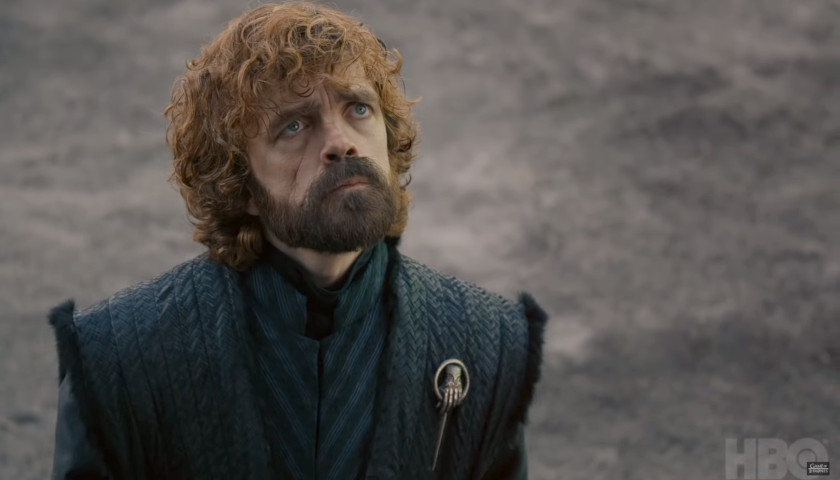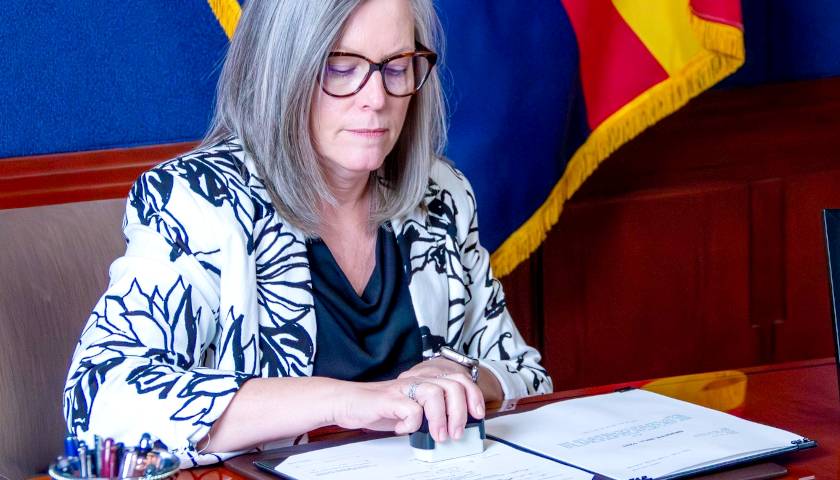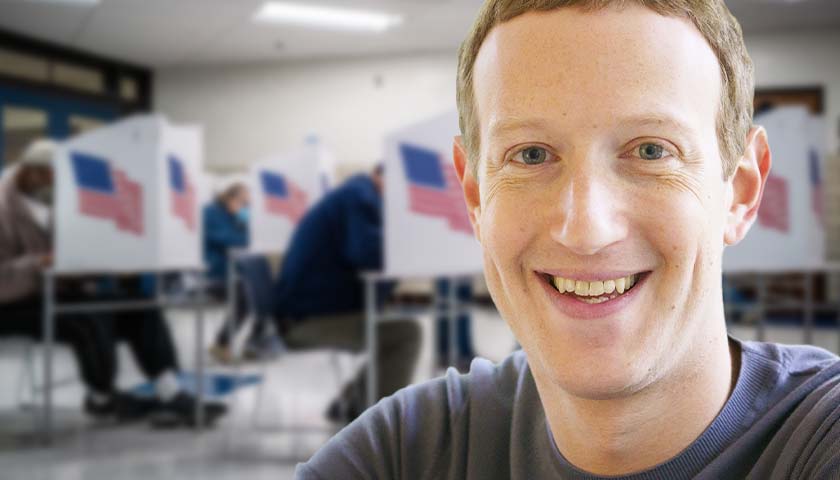by Barry Brownstein
Consider these numbers. The final season of Game of Thrones cost about $100 million to film. In 1300, the entire medieval English real GDP was only 40 million English pounds.
Game of Thrones doesn’t hide the desperate poverty of common people living in a fantasy version of medieval times. We see rulers indifferent to the filth, disease, and starvation endured by the average individual. Citizens are treated as objects put on earth to better the lives of their rulers.
Game of Thrones could be the greatest advertisement ever written for capitalism. For the curious, an obvious question is, How did we progress from the poverty of Westeros to modern society?
Redistribution of Wealth
Game of Thrones poses a few answers to that question. Thrones is mostly about conquest and the redistribution of wealth, not the creation of wealth. Sadly, that is what modern politics has become. Politicians battle over how to legally steal from one group to benefit government and those they favor.
The end of grinding poverty didn’t occur when a medieval version of “Bernie Sanders” redistributed wealth from the rich to the poor.
What, then, has improved the lives of billions since medieval times? Do those eagerly awaiting the conclusion of this epic believe merely the passage of time brought prosperity? “For the period between 1270 and 1700, [the] English per capita income growth [was] 0.20 percent per annum on average,” found United Kingdom economic professors Stephen Broadberry, Bruce Campbell, Alexander Klein, Mark Overton, and Bas van Leeuwen. The paltry growth was episodic; “per capita income growth before the Industrial Revolution… appears to be confined largely to periods of falling population.”
A Transformational Miracle
There is a surprising amount of data about poverty in real medieval times. On the orders of William I (William the Conqueror), up to 10,000 people were involved “in the collection and recording of data for Domesday Book,” reports economics professor Lawrence Officer in his review of the literature, “What Was the UK GDP Then?” The Domesday Book was “a record of a demographic and economic survey of England undertaken over 1085-1086.”
What about the world economy? Economist Brad Delong reports on estimates of past world GDP. In 1 AD, the entire real GDP of the world was $18 billion, in 1990 US dollars. In 1000 AD, GDP had increased to only $35 billion. Three hundred years later, in 1300, the world’s product had fallen to $32 billion. Five hundred years later, in 1700, GDP increased to only around $100 billion.
Then something miraculous happened. From 1700 to 1800, GDP almost doubled. By 1900, GDP reached a trillion for the first time. By the turn of the millennia, the world’s GDP was over $40 trillion, and billions were lifted out of poverty.
The Nature of Life
In her classic, The Discovery of Freedom, the great libertarian writer Rose Wilder Lane points us to simple truths about human energy. Lane writes, “Nothing but your desire, your will, can generate and control your energy. You alone are responsible for your every act; no one else can be.” Lane observes that by ourselves, we will perish:
One person can not generate enough energy. A solitary man on this earth could hardly survive. His enemies are too numerous and too strong; his energy is too weak. To save his bare existence, he must have allies of his own kind.
In Game of Thrones, there are allies, but they are ever-shifting allies because of the savagery and treachery of the rulers.
Lane would have said to those slaughtering each other, Wake up, you are misusing your energy. You don’t understand your true nature. She writes:
The brotherhood of man is not a pretty phrase nor a beautiful ideal; it is a fact. It is one of the brutal realities of human life on this inhuman planet.
All men are brothers, of one blood, of one human race. They are brothers in one imperative desire to live, in one desperate necessity to combine their energies in order to live. Any man who injures another, injures himself, for human welfare is necessary to his own existence.
No matter how much we cooperate, no matter how much wealth we generate by recognizing the reality of the brotherhood of man, the world is not perfectible. There will be new diseases; there will still be human suffering generated by personal misfortune; there will be the relatively poor. Yet, we can alleviate this suffering through entrepreneurial action.
[W]hoever could make two ears of corn, or two blades of grass, to grow upon a spot of ground, where only one grew before, would deserve better of mankind, and do more essential service to his country, than the whole race of politicians put together,
wrote Jonathan Swift in Gulliver’s Travels.
Entrepreneurs, Not Political Rulers, Are Needed for Progress
Human action depends on dissatisfaction with the existing state of affairs. In his masterpiece Human Action, Ludwig von Mises writes:
Acting man is eager to substitute a more satisfactory state of affairs for a less satisfactory. His mind imagines conditions which suit him better, and his action aims at bringing about this desired state. The incentive that impels a man to act is always some uneasiness.
Importantly, uneasiness is not enough. Mises explains:
[T]o make a man act, uneasiness and the image of a more satisfactory state alone are not sufficient. A third condition is required: the expectation that purposeful behavior has the power to remove or at least to alleviate the felt uneasiness.
In Game of Thrones, dastardly rulers are not immediately held to account; they are free to act in arbitrary ways, at least in the short-term. Peaceful human action is thwarted, and thus human progress is impeded.
Today, despite being beneficiaries of human progress, many people believe capitalists and entrepreneurs are powerful, like politicians. As Mises points out, the reality is far different:
The position which entrepreneurs and capitalists occupy in the market economy is of a different character. A “chocolate king” has no power over the consumers, his patrons. He provides them with chocolate of the best possible quality and at the cheapest price. He does not rule the consumers, he serves them. The consumers are not tied to him. They are free to stop patronizing his shops. He loses his “kingdom” if the consumers prefer to spend their pennies elsewhere.
Mises explains that the entrepreneur deals with uncertainty, just as we do. The entrepreneur has a specific role in placing “factors of production” to their best use. The “law of the market” reigns supreme:
Like every acting man, the entrepreneur is always a speculator. He deals with the uncertain conditions of the future. His success or failure depends on the correctness of his anticipation of uncertain events. If he fails in his understanding of things to come, he is doomed. The only source from which an entrepreneur’s profits stem is his ability to anticipate better than other people the future demand of the consumers.
Stagnate or Progress?
When human action is thwarted, Mises writes, “Man must yield to the inevitable. He must submit to destiny.”
Yet, the desire to make meaning in our lives is always present. In a collection of lectures, The Will to Meaning, the great psychiatrist Viktor Frankl said, “The struggle for existence is a struggle ‘for’ something; it is purposeful, and only in so being is it meaningful and able to bring meaning into life.”
Frankl taught, “We must never be content with what has already been achieved. Life never ceases to put new questions to us, never permits us to come to rest.” In his book The Doctor and the Soul, he continued:
The man who stands still is passed by; the man who is smugly contented loses himself. Neither in creating or experiencing may we rest content with achievement; every day, every hour makes new deeds necessary and new experiences possible.
As we watch Game of Thrones, we may cheer for the heroic deeds of Jon Snow and Daenerys Targaryen. Yet, we can thank capitalism and entrepreneurs for transformational economic progress spurred by the heroic deeds of ordinary individuals who, dissatisfied with the status quo and freed from the chains of their autocratic rulers, choose to act.
– – –




